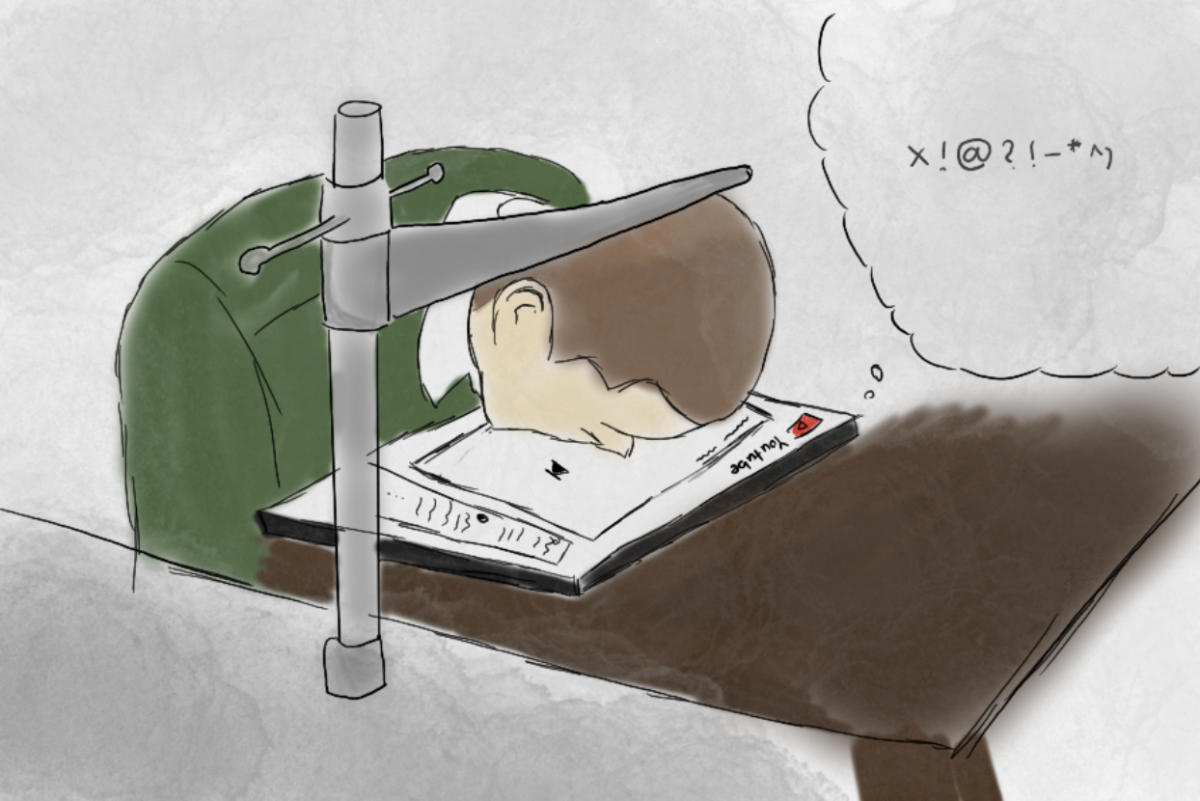SNL Korea, an over-the-top (OTT) series on Coupang Play, has faced criticism for focusing excessively on ridiculing specific figures rather than portraying the overall story. In the past, SNL Korea gained popularity for its witty satire, which emphasizes societal problems while engaging the public.
The second season of SNL, featuring Gen Z working in offices, pinpointed issues and attitudes displayed by certain younger generations, garnering support from people of diverse ages.
However, the latest season has received criticism for insulting a vulnerable individual in the fifth series: Sun-ja from ‘I Am Solo,’ a dating reality show for older adults. The show made a parody that mocked Sun-ja from the original series, which viewers often perceived as socially awkward.
Additional SNL series have since gained criticism; the latest episode about the scandal regarding Bang Si-hyuk and Korean streamer In Se-yeon had conflicting reactions from the audience. While many found the renaming of the streamer in a drastically different way with borderline offensive names hilarious, others criticized it for the blatant hatred.
It should be acknowledged that witty jokes are often necessary to garner the attention of the public and satire is one of the most effective method to achieve such goals. Especially because the nature of social media is that it is sensationalized and people seek such materials, it might be impossible to only show the hard facts to the audience. Yet, the issue is that SNL posts its hyper-critical episodes about both celebrities and normal citizens without their consent. The override in rights that the individuals are facing cannot be justified just because they are a “public figure.”
Consent is important as the comments that SNL detrimentally impacts each individual; since SNL is one of the most popular shows within Korea, their influence is powerful and lasting. Simple jokes or comments made in the shows are constantly used to address that figure both directly and indirectly, often leading to even further personal abuse and ad hominem in the online world. This characteristic is not just limited to SNL but rather is a toxic nature of Korean media outlets.
From the individual celebrity’s perspective that is often neglected, it would be a constant bombardment of ridicule and criticism pointed at them without any constructive feedback. The problem exacerbates as correcting the information itself is nearly impossible. Public does not adhere to the opinions of the “already canceled celebrities,” meaning that the lost reputation is irreparable.
Social epidemics of 2024 are tightly bound to the noxious nature of social media; research states that the general population suffers from more depression and insecurities than the population before the active usage of social media. The phenomenon of rising suicide rate within Korean celebrities possibly could be explained by these societal characteristics. SNL Korea and SNS conjointly operating to aggravate the judgemental and stigmatizing nature of Korean society harms both the individuals who are getting targeted and also the society as a whole. Scrutiny of “wrongdoings” would increase, often objecting the so-called socially awkward people according to rigorous but vague standards.
If the goal of justice is not being achieved through SNL’s shows, could we truly say that it is a fair criticism, not simply a breach of rights? For centuries, Korea has been infamous for its unrealistic standards that often are considered absurd in different cultures. It is not only the celebrities who are subjected to these norms but also the very individuals within the public that are largely impacted. This is why satire is such an effective tool to gather influence in Korea; culturally, Koreans tend to grasp the rising trend especially related to how a person looks and acts. Yet it should also be noted that satire is a method to achieve social justice and fairness, not the alternate goal to simply ridicule someone.


